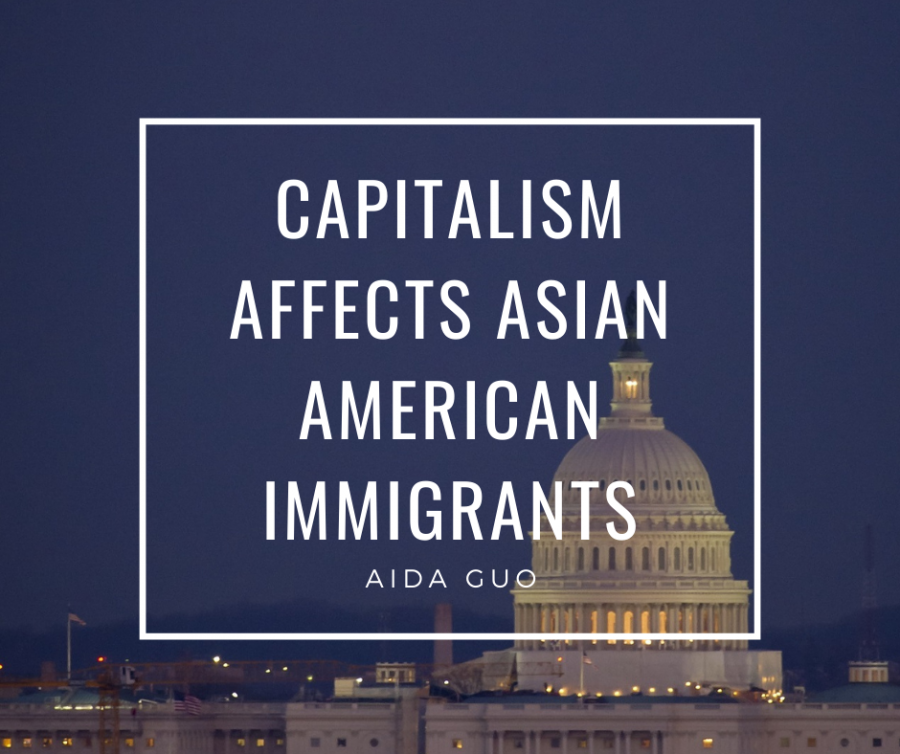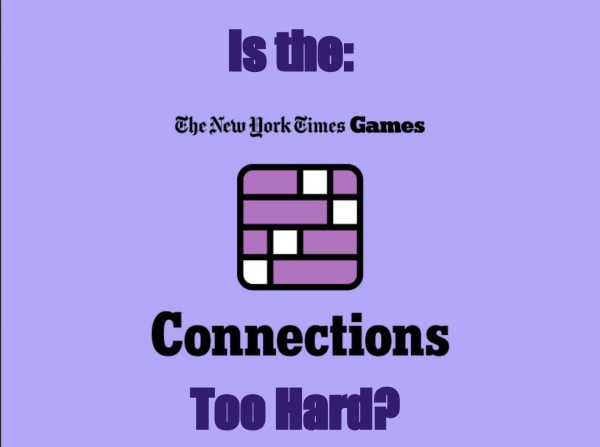Capitalism Affects Asian American Immigrants
Capitalism is able to create a way of love and hope for the future to bond family members. But capitalism is also able to create painful memories at home and emotional distance between family members.
Asian American immigrant stories of tiger parents and the result of model students have made plenty of appearances throughout my life. Whether it be through Chinese family-friend gatherings where friends brag about pulling all-nighters, the model minority myth, stories through limited popular media about kids putting their feet in ice cold water to stay awake and study, or random peers asking me, “Not to be racist or anything, but are Asian parents really that strict?,, I’ve gotten the point that the stereotype of a hardworking Asian American family seems to be admired and quite common in the current culture.
But why?
Why are hard work and success such valued traits? Why do Asian American families place so much time and effort into ensuring that their children reach the American dream? Why are these goals so important that they intertwine themselves into home and family life for Asian American families?
Capitalism
The United States follows the economic system of capitalism, in which a country’s trade and industry are owned and controlled by private and corporate companies. In turn, the economy thrives on competition between different private companies, driving citizens to work hard in order to profit and rise in economic-status.
The American Dream
American values such as diligence, ideals such as success, and even beliefs such as the American Dream, or the belief that anyone can have the life they want as long as they work hard in America, have come as results of this system. The American Dream is one of the driving factors of capitalism, strengthening people’s reasons for living, moving, and working in the U.S.
Consequently, the dream has led many immigrants to the country, in belief that they could rise out of their past, and work hard to fulfill a good life in America. Immigrants who dream of a stable job, a good house, and having a family with children who have access to greater opportunities, and reach their dreams.
Immigrants like many Wake County Public School System students’ parents.
Emily Chen is a Chinese American junior at Panther Creek High School who says, “Like most immigrant families, my family came to America in search of more opportunities and better education for their children.”
She adds that her parents believe in opportunities like the American Dream for her which contains, “four basic steps after you graduate from college that determine the rest of your life–get a good job, marry, have kids, and die.” They encourage her to do well and work hard in school, because her mom says it will eventually lead to a good job and a better life.
Others like Green Level High School Indian American junior, Sapna Kamath, has parents who also believe in the American Dream for themselves. Kamath said her parents had a “rags to riches story, going from sharing a two-bedroom apartment with 4 other family members to owning their own house in America,”, her dad’s sole purpose of moving to America being for better job opportunity and freedom.
Chen’s home and family life is what she describes as, “love from 6 feet away,” something more common in immigrant families. Essentially, love and emotions are typically not described directly through words, but rather through the form of action like cooking food, or through pressure in studies and achievements in order to reach happiness. Parents, siblings, and children care for one another, but it is not as expressive as many western families.
How are these topics intertwined?
Competition is an essential part of capitalism, putting a great value on profit, and can be seen in these Asian American immigrant families as well.
Chen recalls a rather painful memory with her mom, “My mom showed me some of my friends winning a Science Olympiad competition. Keep in mind, this was in middle school. What really pained me was when she said ‘look at them, this could’ve been you but you didn’t get on the team.’”. She says it’s one of the memories that still makes her cry today.
Comparison does not limit itself to science competitions; there’s also sports, music, arts, clubs, class rank, test scores, college acceptances, job offers, and a never-ending list of note-worthy accomplishments. What results are not only tensions and hurtful feelings between the kids being compared, but also between the parents and kids who avoid direct emotional confrontation, just like Chen’s memory. It changes life and creates even greater emotional distance between these children and parents.
Similarly, capitalism has created, “increased competition between workers, the increased isolation of workers from each other, the extreme individualism of modern American society”, which Malcolm Harris, author of Kids These Days: Human Capital and the Making of Millenials argues has burned out the entire generation of millennials.
Hard work and success are ingrained into the minds of Asian Americans like Chen and Kamath. Both saying they deeply value hard work and success, much credited to the pressure and love that comes from their parents. And these standards are highly valued due to the promise of a good future.
Capitalism requires the same, a focus on the future, and the promise of a better one, for not only ourselves, but our children, and their children.
And so capitalism is able to create the common scene and admiration of Asian kids stressing out and pulling all-nighters to get perfect scores on tests. Capitalism is able to create a push between Asian American children and their immigrant parents with love at the core. Capitalism is able to create a way of love and hope for the future to bond family members. But capitalism is also able to create painful memories at home and emotional distance between family members.

Aida is a senior who enjoys Miyazaki movies, spending time with loved ones, art, cooking, eating (all food but especially her mom’s Chinese food), and...
















